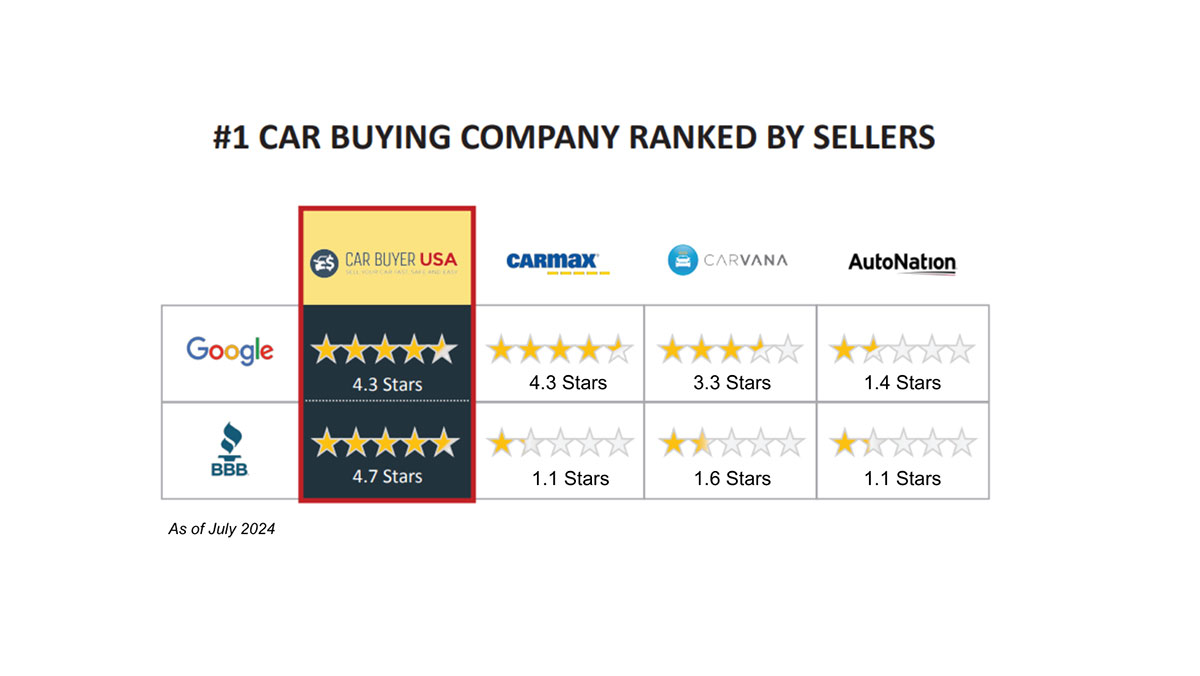
When it comes to buying or selling a used car, understanding how vehicle appraisals work is essential. Assessing your car's value can be a challenging process, as it's affected by multiple factors, including the make, model, year, mileage, condition, and current market trends. Online tools like Kelley Blue Book (KBB), Edmunds, and NADA Guides offer a helpful baseline, but how reliable are these estimates? An accurate appraisal helps sellers set a fair price while giving buyers confidence that they’re getting good value
A vehicle appraisal is an evaluation that determines the current market value of a car. This assessment considers several factors, including the car’s make, model, year, mileage, condition, and prevailing market conditions. Appraisals can be conducted by professional appraisers, car dealerships, or through online tools that generate estimates based on specific criteria. The condition of the vehicle plays a significant role in its appraisal value. Appraisers will look closely at both the exterior and interior, as well as the mechanical state of the car. Cosmetic issues such as dents, scratches, or worn upholstery can lower the value, and mechanical problems are likely to do the same.
Mileage is another critical factor. Generally, the lower the mileage, the higher the car’s value. Vehicles with high mileage are often seen as having more wear and tear, which can translate into future maintenance costs. The make and model of a vehicle also significantly affect its appraisal. Cars that are known for their reliability and popularity tend to retain their value better. For instance, luxury brands or vehicles with a strong reputation for durability often appraise at higher values compared to less popular or less reliable models. Market demand can also impact a vehicle’s value. For example, trucks and SUVs may appraise higher in regions where they are particularly popular. Economic factors, fuel prices, and even the time of year can influence demand and, consequently, the appraisal value. A vehicle’s history plays a crucial role as well. A clean history report, free from accidents or major repairs, can boost a car’s value. On the other hand, a history of accidents or multiple previous owners can lower the appraisal.
Understanding the appraisal process and the factors that influence your car’s value can help you make more informed decisions, whether you’re buying or selling. A thorough and accurate appraisal ensures that you’re getting the best deal possible, providing peace of mind in your transaction. When sellers ask any used car expert, “What’s the value of my car?” the response is often the same: “It’s only worth what someone is willing to pay for it today.” Many online car valuation platforms have shifted to lead generation models, where they charge dealers to view your pricing request. In exchange, these sites share your personal details, vehicle specifics, location, damage report, and other demographic information with the dealers. But at Car Buyer USA, you can get a free quote in just 20 seconds—no personal information required! Best of all, we stand by the value we provide and pay you that exact amount, no strings attached! Visit us at carbuyerusa.com, email us at info@carbuyerusa.com, or call us at 678-635- 2050. We're ready to help you!


